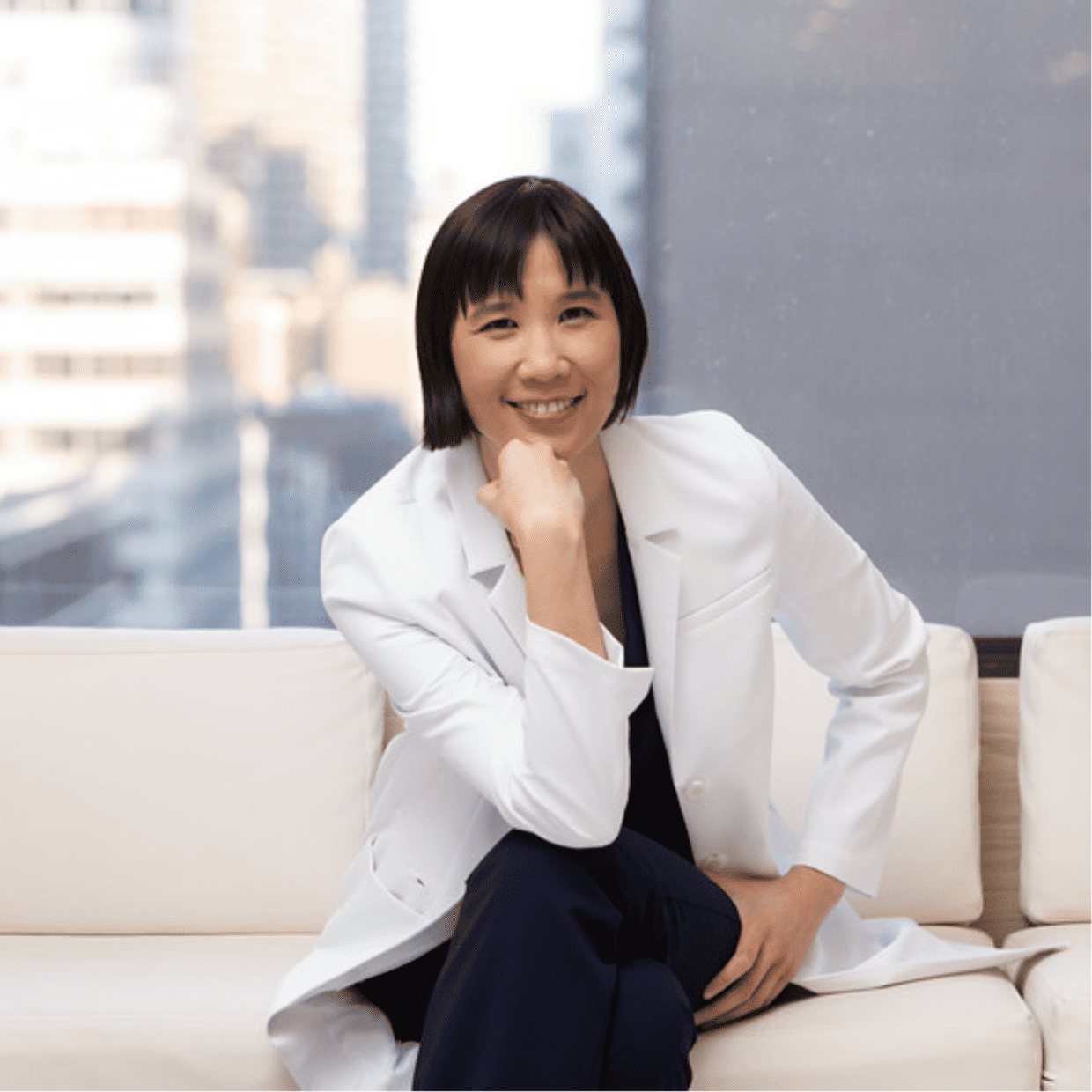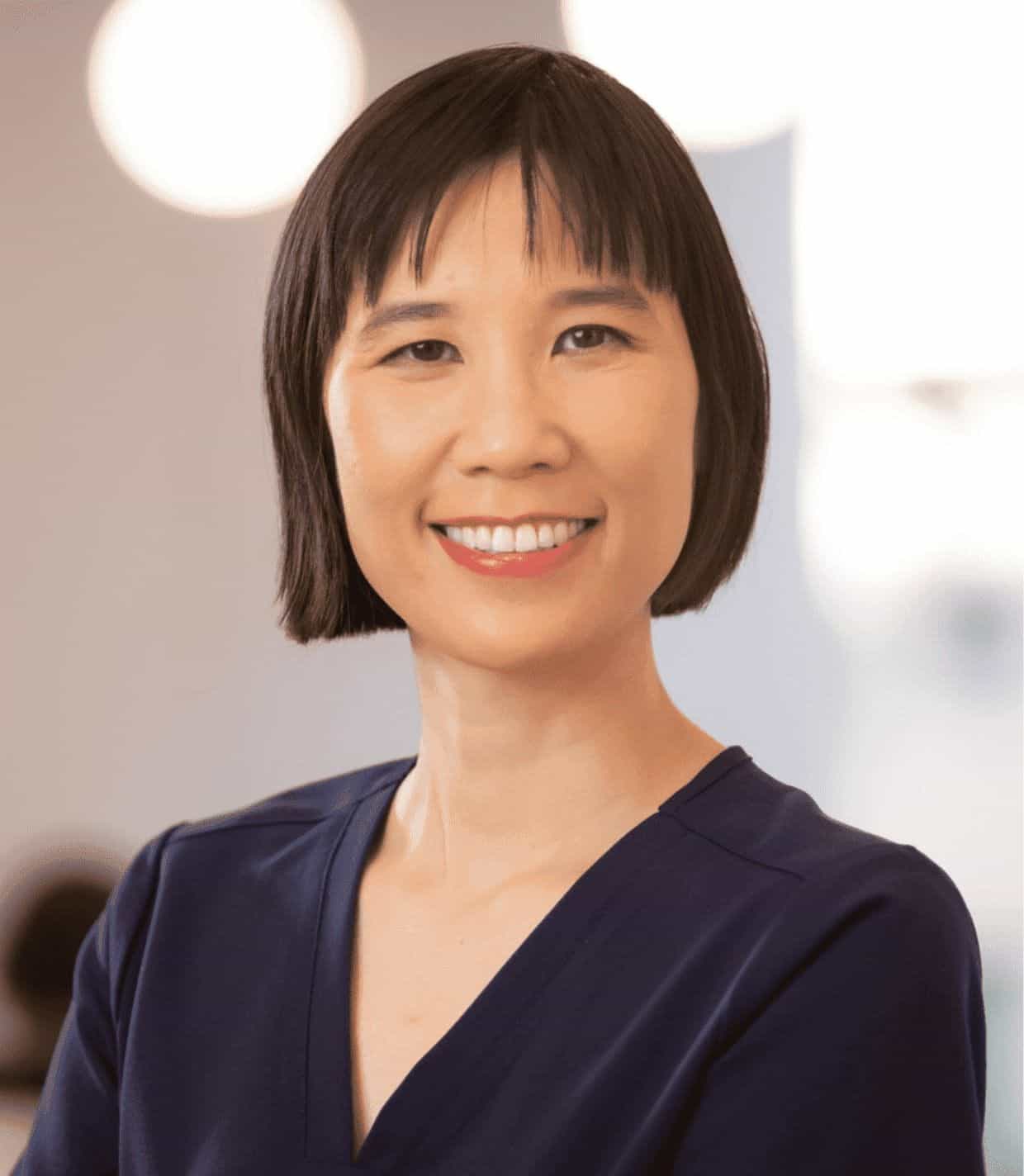
Asian Infertility
Insights with Dr. LukExcerpts from pregnantish.com
With support from Generation Next Fertility in New York City and its Founder, Hong Kong born Reproductive Endocrinologist, Dr. Janelle Luk, pregnantish is continuing its exploration of this topic with a series of articles and a special pregnantish podcast episode.
Infertility affects 1 in 6 people, or 17.5% of the global adult population (and that’s what’s reported – we know this disease is underreported). In line with broader trends of inequity in healthcare, recent research demonstrates that infertility is more prevalent (read: under-treated) in minority patients than in white patients. And yet, infertility amongst Asian patients is highly under researched. In a literature review evaluating infertility amongst Asian American patients in the US, only 10 studies were found within the past 15 years.
China: From The One-Child Policy to Subsidizing IVF
For 35 years, China maintained one of the most famous laws across the world: the “one-child policy.” In the late 1970’s, the Chinese government feared the growth rate of the country’s population was too rapid to be sustainable. So from 1980 until 2015, China’s one-child policy was a program that limited most Chinese families to reproducing one child each.
The social and cultural effects of this policy crystalized over decades and remain poignant today.
The one-child policy reinforced patriarchal attitudes and cultural preferences for sons, as it was believed that if a family could only achieve one child, a son would have a better chance of accessing education and/or providing for the family. This led to the abandonment of unwanted infant Chinese girls, creating what is known as a generation of “missing women.” In fact, Dr. Janelle Luk shares that her passion for women’s health was sparked from this very same piece of history:
“I went into medicine because I was fascinated by women’s bodies and empowerment since I was a little girl. This has to do with my mom’s trauma – she was given away as a child. Being a girl was labeled ‘bad’. Girls’ organs were ‘bad’, periods were ‘bad’ – the association of being a girl in China was not good. This was consistent throughout my childhood.”

Representation Matters: Dr. Luk’s Perspective as an Asian Fertility Doctor
I had the privilege of connecting with Dr. Janelle Luk, Medical Director and Co-Founder at Generation Next Fertility, about her experiences as an Asian American, Reproductive Endocrinologist, and Infertility Specialist.
Dr Luk shares that from a young age, she had curiosity and passion for women’s health and was proficient in subjects like math and science.
She shares, “When I learned about the woman’s body, I said, ‘oh my god, this is so magical. You can house a life, you have a uterus that regenerates linings, you can make a placenta!’ I discovered it was the social construction, perspective, culture and optics that made being a woman look bad. And that fascinated me. Since then, I’ve wanted to dedicate my entire life to women’s health and empowerment. And that’s why I went into medicine.”
(In my culture) the stigma of women’s bodies is big. There is a culture of not talking about the body, or not celebrating the body. No one wants to discuss the reason why (you don’t get pregnant). Growing up, the general perception was that it’s always the woman’s fault, which isn’t true, as 30% of infertility is on the male side, 30% on the woman’s side, and 30% is shared. In my family, my godmother never had children, but no one talked about why – maybe it was my godfather who didn’t have sperm, but generally the blame is on the woman. To my patients that share a similar cultural background, I give the advice – ‘your body is not dirty, you should talk about it! And seek care.’ The perception of the female body should be positive in Asian communities, and one should be empowered to understand their body parts.
Gender discrimination exists everywhere, not just in Asian communities, and as a result I don’t know if everyone has the awareness and access to care they need… That’s why my goal as a doctor is not just to treat my patients, but to inform them as a way to empower them. Women may see a period as a nuisance, instead of understanding puberty and why the menstrual cycle is essential in reproductive biology. They might not know about endometriosis, they may assume period pain is normal. It’s about how one’s empowered to understand one’s body. If that kind of empowerment could be celebrated in Asian communities, then more Asian women could have access to care.
Additionally, in top-down Asian cultures, many of us will try to make our parents happy. Because of that, we develop people-pleasing tendencies, and we may be anxious about what other people want. However, when it’s about your life, and your body, and having a child, there is no need to people-please anymore. Some of my Asian patients come to me to say, ‘I’m here because my in-laws want a son.’ Or ‘someone in my family wants a boy or girl because it’s the Dragon year.’ I always say, ‘Don’t have a child to save the marriage or to please your parents!’ I’ve seen this pattern very many times. If you’re going to (have a baby), do it for yourself.’
I think one of the major barriers is the perception of fertility care. There is the false idea that the baby being produced is artificial. Ignorance, lack of knowledge of what fertility care or IVF really is, is a big barrier for many Asian communities. IVF, and other reproductive technologies, are a valid path to parenthood, and I’m proud to be an advocate for women who may feel as though this is a silent struggle.
That’s why I’m proud to be the Medical Director and Co-Founder of Generation Next Fertility, where I can empower the Asian community by offering support and resources. We have a concierge patient liaison who speaks Chinese. I also speak Chinese and Cantonese, both dialects. Our website also has a Cantonese version to educate our Asian community and be as well positioned as possible to care for Asian communities experiencing infertility. What I love most about Generation Next Fertility is that it’s a safe space for Asian couples struggling with infertility to have an open and honest conversation with a team that understands not just how delicate the fertility journey is, but also recognizes the cultural and emotional aspects that can sometimes make the Asian fertility journey exceptionally distinct.”
